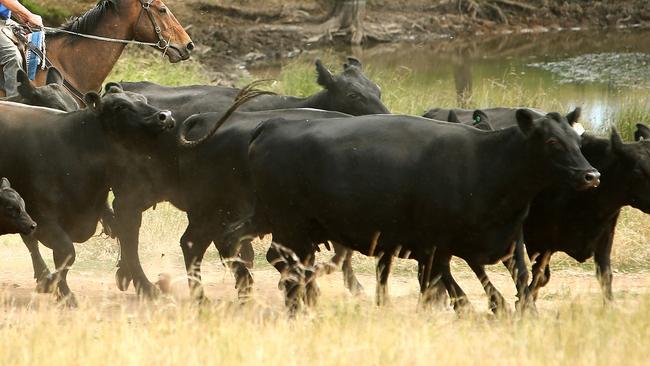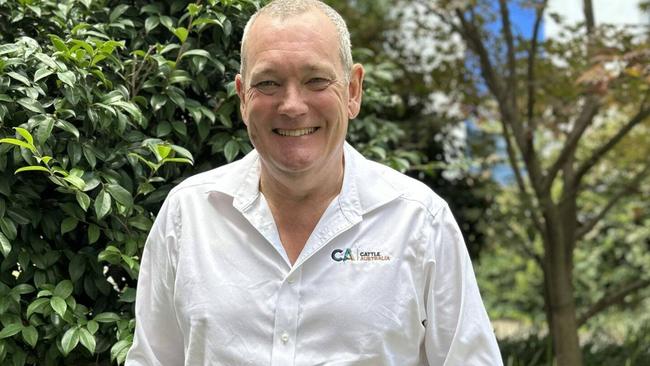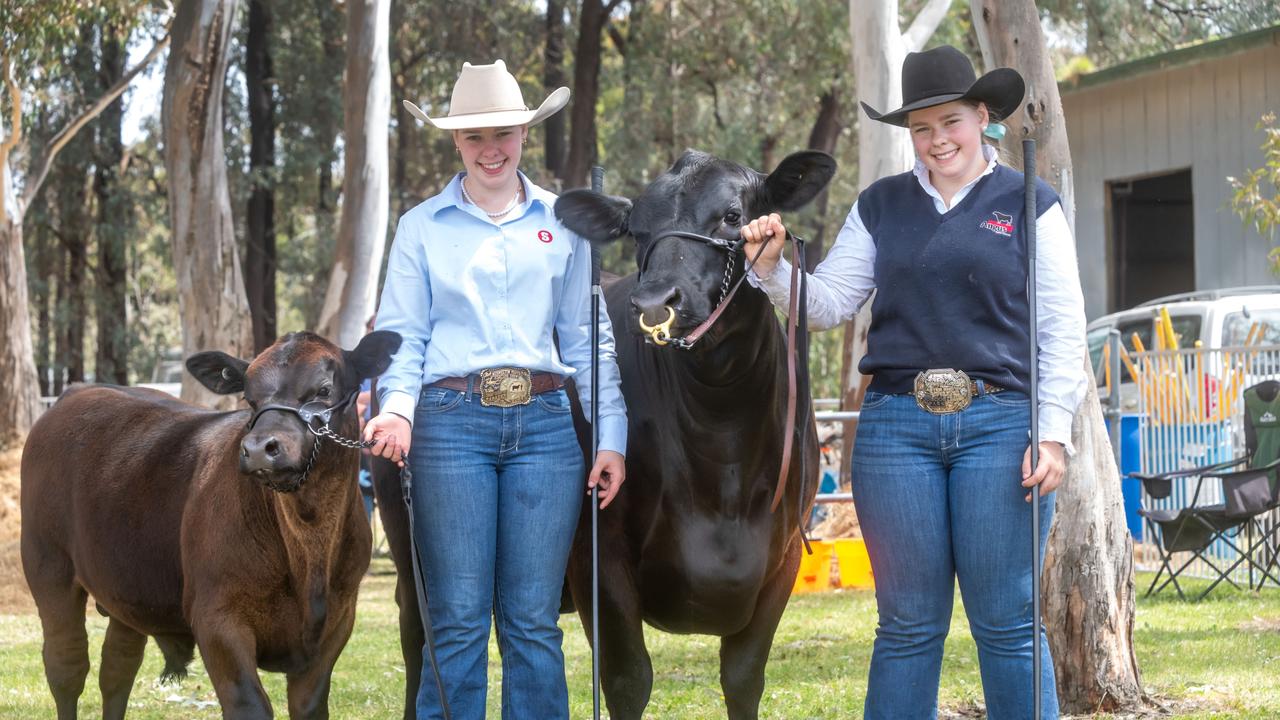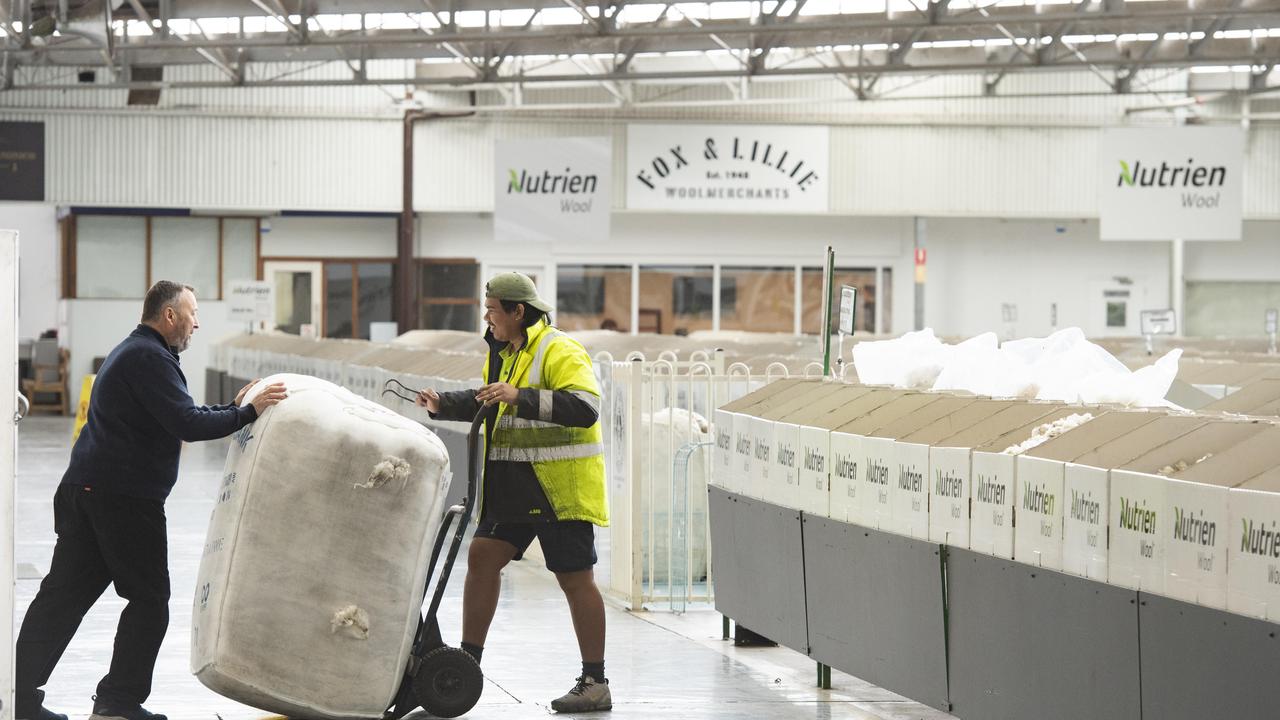$99m spent on carbon neutral projects but little direct reduction in GHGs
The push for carbon neutrality has seen the red meat industry spend $99m so far, but the impact on reducing direct emissions has been modest.

Spending by Meat and Livestock Australia into directly reducing methane emissions from livestock has had “minimal impact so far”, the latest assessment from the Strategic Plan 2025 shows.
The review, part of the recently released MLA 2023-24 Annual Report, found significant progress is yet to be made in the area of methane reduction.
The report found MLA’s “progress towards CN30 with improvement in carbon net position” was “not on track”.
This follows warnings from top academics that producers could be left without a market for their produce if a greater research effort was not made to develop mitigation options for extensive grazing systems.
It comes despite the latest MLA and CSIRO emissions update showing a 78 per cent reduction in emissions.
“Despite these figures, the status has been updated to ‘Not on Track’ to reflect that the majority of reduction has been delivered by natural regeneration and land use changes with minimal impact so far from MLA funded direct emission reduction interventions,” the MLA report states.

To fast track more investment in direct emission reductions MLA had committed to being a Tier 1 funder of the Zero Net Emissions CRC and MLA’s contribution would be leveraged by at least “$300m”, it said.
A spokesman for MLA told The Weekly Times that of the $99.1 million total investment since 2017 in the CN30 program, funding sources included $82m from the MLA Donor Company, $15.5m of producer levies and $1.6m in federal grants.
“CN30 is about having an integrated program working across different areas to drive productivity and sustainability outcomes simultaneously,” the spokesman said.
“MLA’s R & D investments in CN30 have generated considerable scientific findings and awareness in the Australian red meat supply chain.
“Feedlots for example have demonstrated it is possible to decrease methane yield by 60 to 90 per cent with additives, and inventory reviews using methane measurement technology have been successful in eliciting a nitrous oxide emission factor revision, which decreased the emissions of the sector by 19 per cent.
“A further beef feedlot methane review (pending evaluation) relating to the National Inventory emissions methodology has the potential to decrease the feedlot footprint by a further 40 per cent if accepted.”

For the grazing industry, the spokesman said MLA’s research recently demonstrated additives such as Bovaer in energy supplements for backgrounding cattle could increase gain by up to 6.6 per cent and weight-for-age, and decrease methane intensity by 25 per cent.
“Genetics represents MLA’s largest investment in CN30 to date, being 30 per cent of the total.
“The industry is on track to research breeding values for methane for sheep in 2026, and beef cattle in 2027. If successful, this will reduce either methane yield or production by a cumulative 0.5-1 per cent, per annum.
“MLA is currently developing its new five-year strategic plan and that process will inform the future direction of these investments.”
Cattle Australia chief executive Chris Parker said “CN30 has been a great aspirational goal and a driver for investment in industry sustainability”.
“The science is constantly evolving and we now know a lot more about this very complex issue than when CN30 was first launched.”
Dr Parker said CA “believes the industry should focus on achieving climate neutrality, which is a complicated challenge that will require ongoing investment”.
“MLA were a major financial supporter of the recent work that Cattle Australia did with the Land Management Commitment and CA will continue to provide constructive feedback to MLA on opportunities to drive change.”





